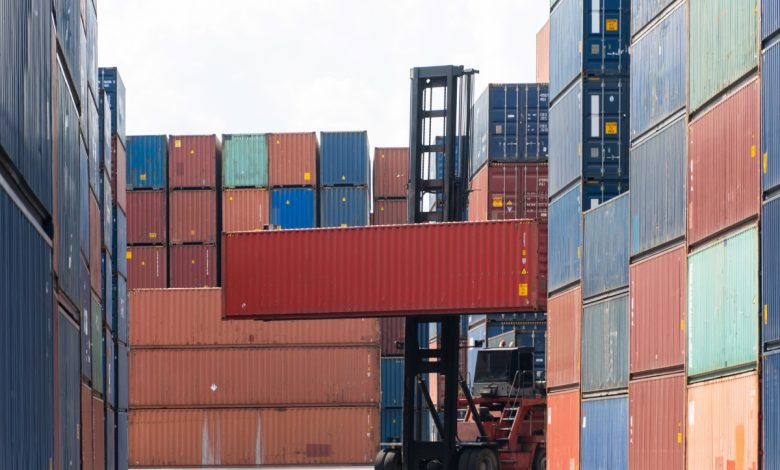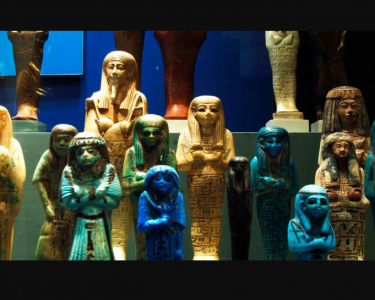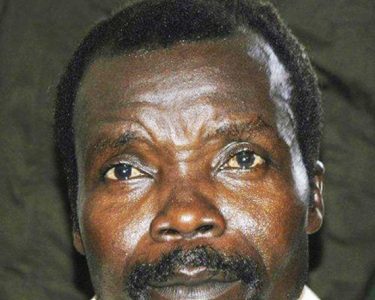
CHANGSA (China), June 12 (NNN-DAILYNEWS) — TANZANIA is set to benefit alongside 52 other African nations following China’s announcement to eliminate customs duties on products imported from all African countries with diplomatic ties to Beijing.
The move aims to boost African exports to China, enhance bilateral trade and deepen economic cooperation across the continent.
The announcement was made during the Coordinators’ Meeting on the Implementation of the Forum on China-Africa Cooperation (FOCAC) Resolutions, where Tanzania’s Minister for Foreign Affairs and East African Cooperation, Mahmoud Thabit Kombo, led the country’s delegation.
The two-day meeting that opened Tuesday in Changsha, China, reviewed progress under the 2024 FOCAC Action Plan and approved four new outcomes, including stronger China-Africa trade ties and project implementation at the provincial level.
In his opening speech, Chinese Foreign Minister Wang Yi announced the waiver of customs duties on products from all 53 African countries maintaining diplomatic relations with China.
“This initiative is designed to increase imports of African goods into the Chinese market and stimulate broader business growth,” said Wang Yi, who also delivered greetings from Chinese President Xi Jinping and reaffirmed China’s enduring commitment to African development.
The tariff elimination aligns with FOCAC’s broader goals, which also include 2026 being declared the “Year of People-to-People Cooperation,” and a collective resolution against trade barriers that hinder development in Global South countries.
During the 2024 FOCAC Summit, China identified ten key priority areas for cooperation from 2025 to 2027 as including knowledge exchange, trade growth, industrial development, infrastructure, health, agriculture, defence, green development, human capital and people-topeople ties.
To support these areas, China pledged 50 billion US dollars, including 29 billion US dollars in concessional loans, 11 billion US dollars in development aid and 10 billion US dollars in public and private sector investments. Speaking on the sidelines of the meeting, Ambassador Kombo reaffirmed Tanzania’s commitment to strengthening its partnership with China.
He highlighted key priority areas under the FOCAC framework, including infrastructure, agriculture, industrialisation and human capital development.
“We have asked the Chinese government to simplify procedures to allow greater market access for Tanzanian products,” said Kombo.
He noted that these efforts are aligned with Tanzania’s foreign policy goals focused on economic diplomacy, investment promotion and expanding trade and tourism.
Kombo also extended Tanzania’s appreciation for China’s support in key sectors such as health, education, technology, infrastructure, livestock and tourism. In response, Foreign Minister Wang Yi pledged China’s continued support for Tanzania’s development aspirations, citing historical ties that trace back to Mwalimu Julius Nyerere and Mao Zedong.
“We will ensure timely implementation of major strategic projects, including the rehabilitation of the Tanzania-Zambia Railway Authority (TAZARA), a symbol of China-Africa solidarity,” Wang said.
He further confirmed China’s readiness to fund and execute critical projects in Tanzania, underscoring the mutual trust and long-standing cooperation between the two nations.
Tanzania has already benefited significantly from FOCAC initiatives. Key achievements include- attracting investment in agroprocessing, building materials and power generation, Joint ventures such as the 600 MW power plant between Tanzania Electric Supply Company Limited (TANESCO) and China Power Investment Corporation (CPI) Progress on the Bagamoyo Port and Special Economic Zone, a partnership involving the Tanzanian government, China Merchants Holding International (CMHI) and the Oman State General Reserve Fund (SGRF) was also discussed.
FOCAC, established in 2000, remains a vital platform for China-Africa collaboration. It continues to facilitate large-scale investment, trade and development partnerships, with Tanzania positioned as a key beneficiary. — NNN-KBC





